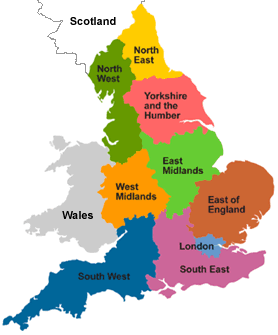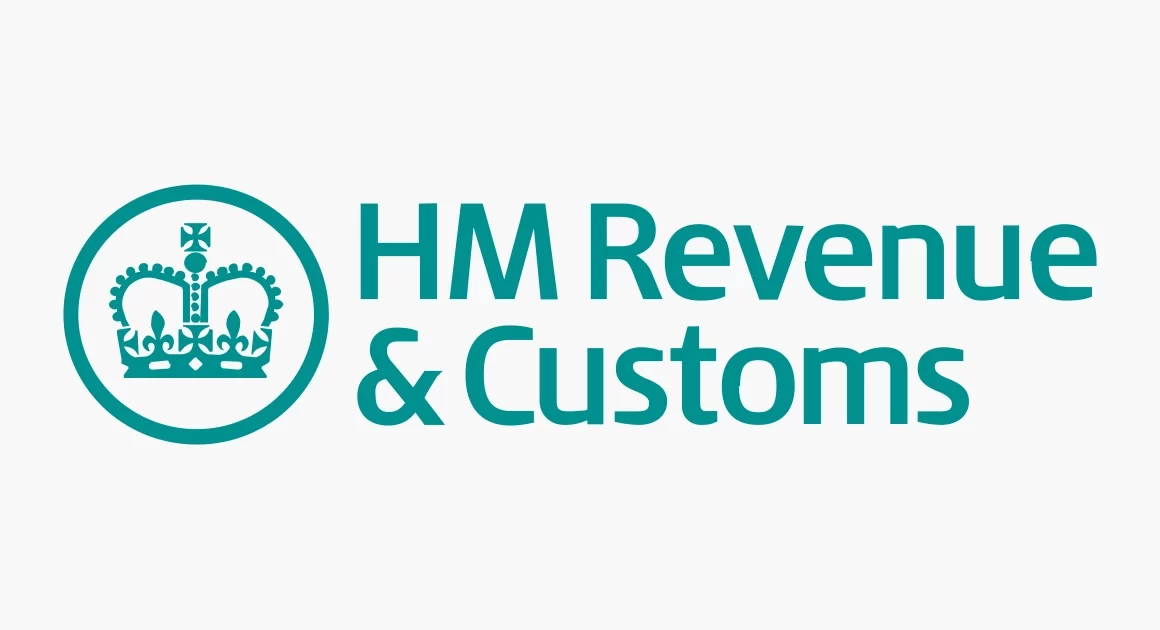In the United Kingdom, local authorities play a crucial role in providing services and maintaining the well-being of communities. Understanding how local authorities work and what services they offer is essential for residents and newcomers. This guide provides an overview of UK local authorities, their functions, and how they impact daily life.
What are Local Authorities in the UK?
Local authorities are organizations responsible for providing various public services within a specific area, such as a city, town, or district. These authorities are created by law to manage public resources, regulate local matters, and support community development. They operate at different levels, including county councils, district councils, and unitary authorities, depending on the geographical area.
Types of Local Authorities
There are several types of local authorities in the UK, each responsible for different aspects of governance and service delivery:
- County Councils
These cover large rural areas or multiple districts. They are responsible for services like education, transportation, and social care. County councils are typically found in more rural parts of England. - District, Borough, and City Councils
These councils manage smaller urban or suburban areas. They handle services like waste collection, housing, local planning, and leisure facilities. Many district councils are part of a county council, while others, like borough councils, operate independently. - Unitary Authorities
In areas with unitary authorities, a single local authority handles all responsibilities. This includes everything from education to social services and housing. These councils are often found in larger cities and metropolitan areas, like London, or smaller regions in Wales and Scotland. - Metropolitan Authorities
These councils cover large urban areas with high population density. They manage complex services across many neighborhoods, including transport, policing, and waste management. Greater London, for example, is governed by the Greater London Authority.
Services Provided by Local Authorities
Local authorities are responsible for a broad range of services that directly impact daily life. These include:
- Education and Schools
Local authorities oversee primary, secondary, and special education schools. They are responsible for funding, supporting schools, and ensuring that education standards are met. In some areas, local authorities may also run schools directly. - Housing and Social Services
Local councils manage public housing, homelessness services, and support for vulnerable populations. This includes providing social care for the elderly and those with disabilities. - Transport and Infrastructure
Local authorities maintain public transportation, roads, and infrastructure. They manage bus and train services in many regions, as well as the upkeep of local roads and highways. - Health and Wellbeing
Local councils are involved in public health services, including promoting healthy lifestyles, managing NHS services, and providing mental health support. They also run recreational services such as sports centers, parks, and community spaces. - Planning and Environment
Local authorities handle urban planning, building regulations, and waste management. They ensure that new developments comply with zoning laws and environmental standards. Councils are also responsible for recycling and waste collection.
How Local Authorities Affect Daily Life
Local authorities influence many aspects of daily life, from the quality of local schools to the availability of public services. They are also responsible for setting local taxes, such as council tax, which funds many of the services they provide. Understanding the role of your local authority can help you make the most of available services, access support when needed, and stay informed about community initiatives.
How to Engage with Your Local Authority
Engaging with your local authority is easy and essential for staying connected to your community. You can typically contact your local council for assistance with housing, benefits, or public services. Most councils have dedicated websites where you can find information on services, upcoming events, and how to apply for support.
Conclusion
UK local authorities are key to managing public services and supporting community development. By understanding how these councils operate and the services they provide, you can take full advantage of the support available in your area. Whether you’re a long-time resident or a newcomer, knowing how to engage with your local authority will help you navigate life in the UK more effectively.





